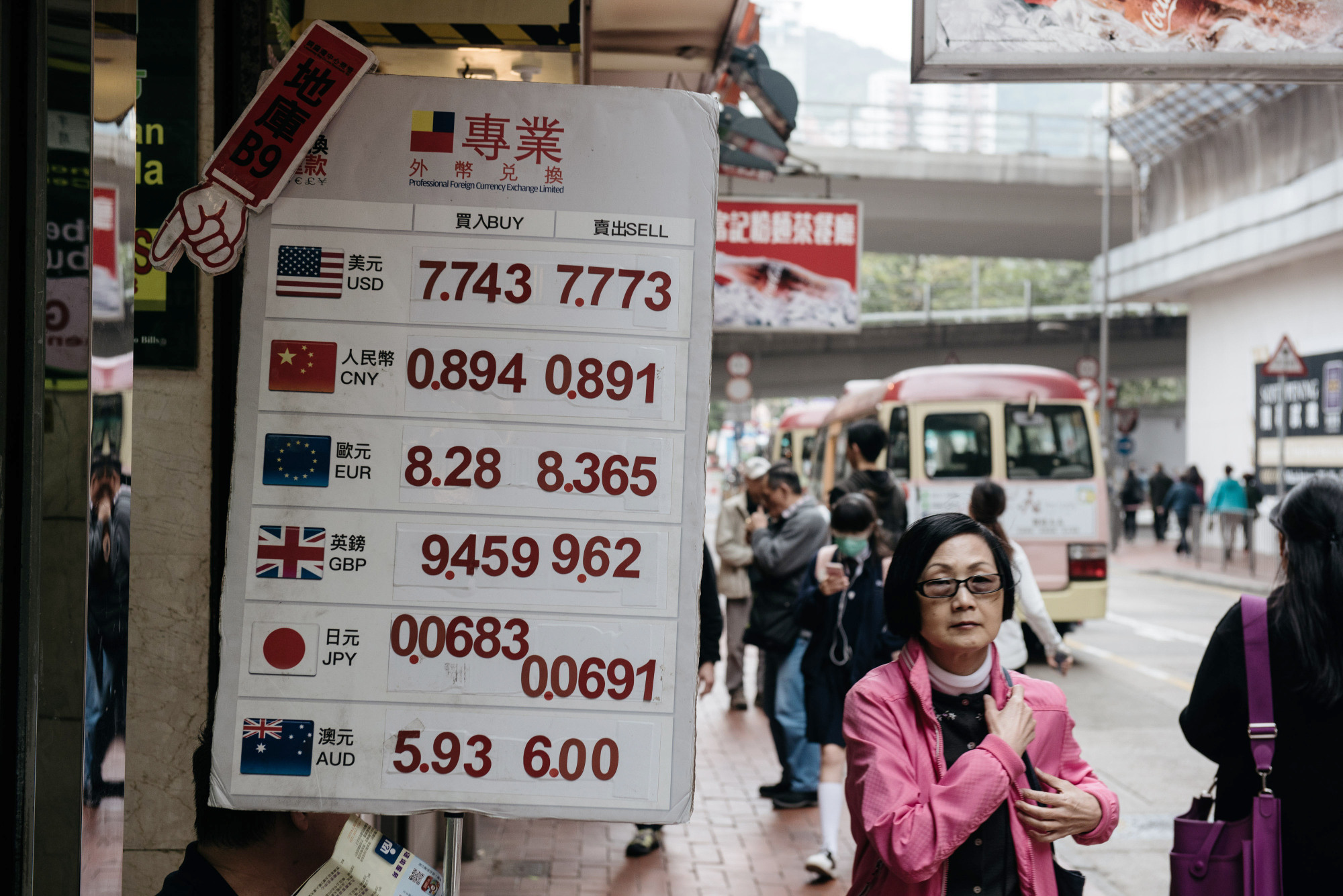China should learn from Japan in the 1980s, and never allow a trade war to become a currency war, says Sheng Songcheng, a senior adviser to the People's Bank of China (PBOC).
The current trade spat between the two biggest economies is reminiscent of tensions between Japan and the U.S. in the 1980s, said Sheng, former head of the central bank's Statistics and Analysis Department. The comments echo those from former Japanese central banker Kazumasa Iwata, who said Wednesday that China should be careful on the exchange rate issue. Japan signed the multilateral 1985 Plaza Accord to let the dollar weaken, but its exporters were hurt after the yen strengthened far more than anticipated, according to Iwata, who was a senior official at the time. That is a different situation than the one China faces now, which is whether it should unilaterally devalue its currency as a tool in a trade dispute with the U.S. But the warnings from Sheng and Iwata are essentially the same — don't mix trade policy with currency or monetary policies. "Trade is trade, and it would be stupid to have a currency war which would make everybody around the world unhappy," Sheng said in an interview in Boao, China, adding that a stable currency is better for China's plan to upgrade its industrial base.
The tit-for-tat tariff threats from China and U.S. President Donald Trump whipsawed markets last week, before the conciliatory tone of President Xi Jinping's pledges Tuesday to open up sectors such as banking and automobiles eased tensions. New central bank chief Yi Gang announced fresh details of that deregulation Wednesday, including lifting limits on foreign insurers, expanding daily quotas for the Shanghai-Hong Kong stock connect, and easing caps on foreign ownership of securities companies. Here are edited excerpts of a Q&A with Sheng:


















With your current subscription plan you can comment on stories. However, before writing your first comment, please create a display name in the Profile section of your subscriber account page.